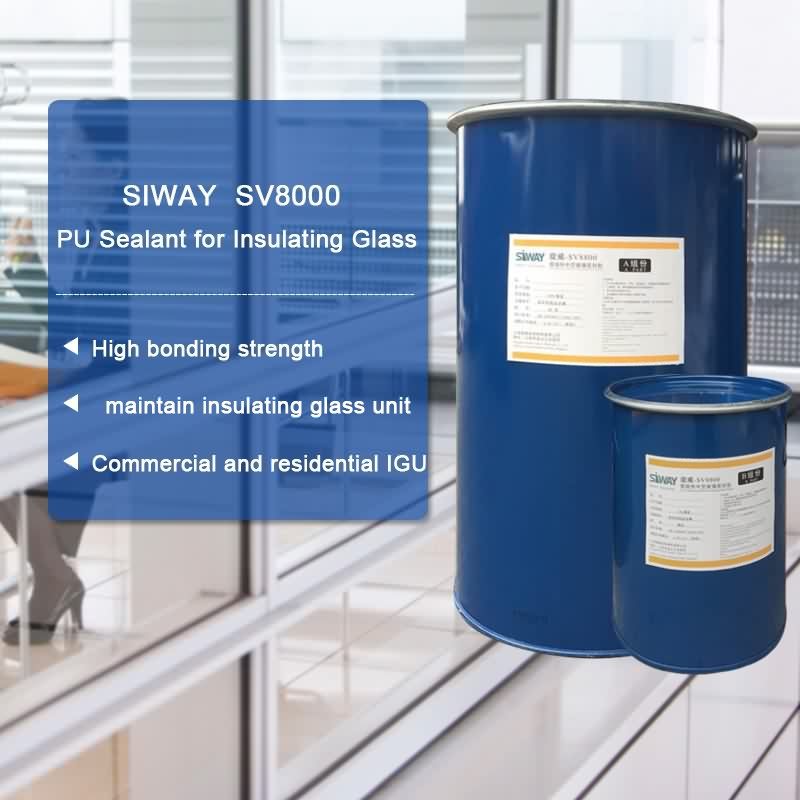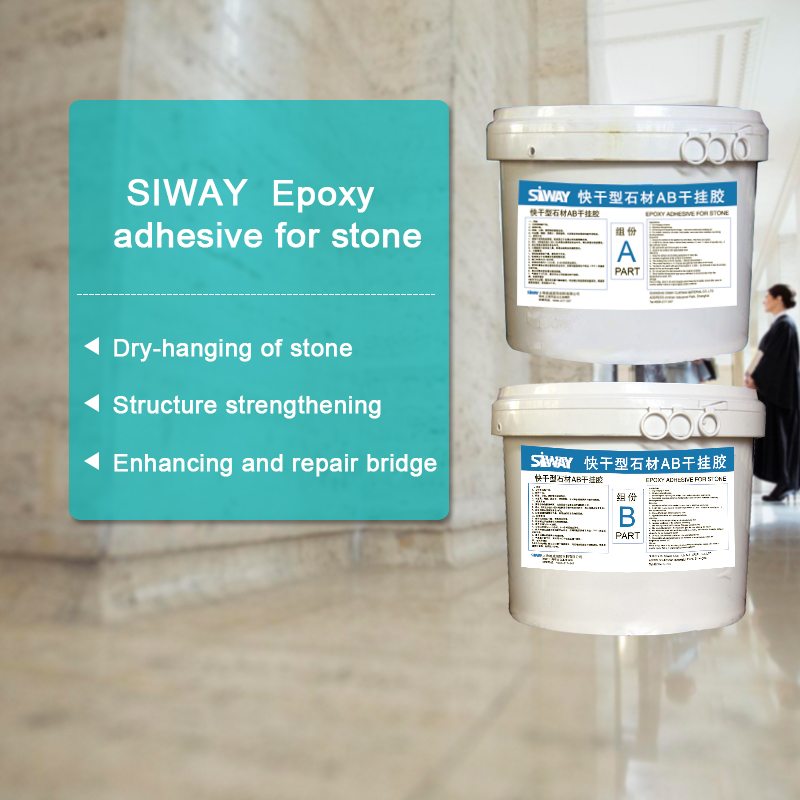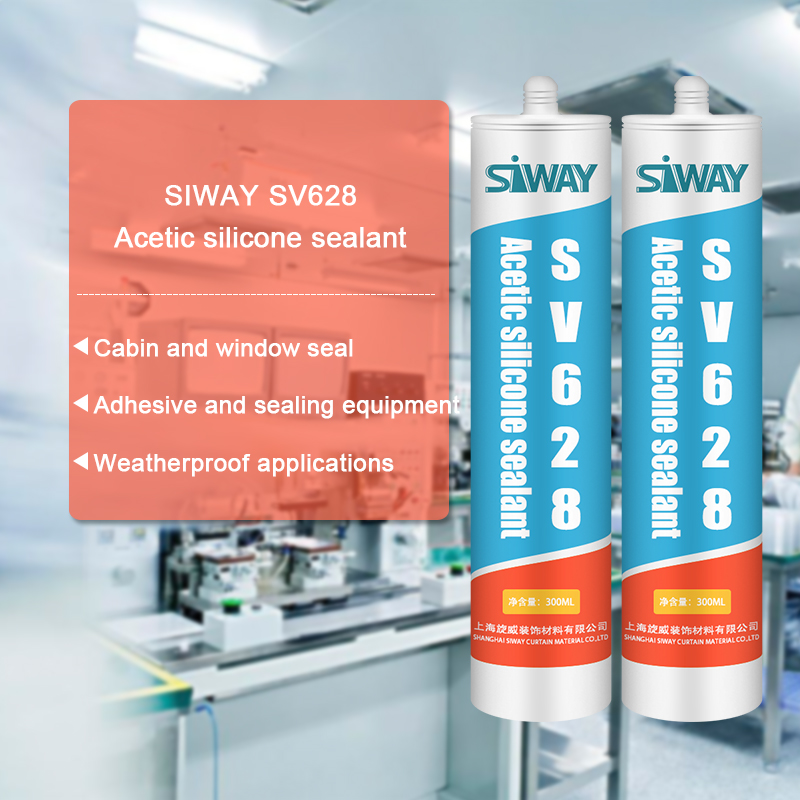Best Price for SV-8000 PU Sealant for Insulating Glass to Canada Factories
Short Description:
Description SV – 8000 two-component polyurethane insulating glass sealant is a neutral cure, mainly used for the insulating glass of the second seal. Product formulation to use its performance with high modulus, high strength, to meet the requirements of insulating glass assembly. Where to use It is a two-component PU sealant that offers variable work life with high bonding strength to maintain the integrity of insulating glass unit, suits both commercial and residential IGU. Key Fe...
The customer satisfaction is our primary target. We uphold a consistent level of professionalism, quality, credibility and service for
Best Price for SV-8000 PU Sealant for Insulating Glass to Canada Factories, We are glad that we are steadily growing with the active and long term support of our satisfied customers !
Description
SV – 8000 two-component polyurethane insulating glass sealant is a neutral cure, mainly used for the insulating glass of the second seal. Product formulation to use its performance with high modulus, high strength, to meet the requirements of insulating glass assembly.
Where to use
It is a two-component PU sealant that offers variable work life with high bonding strength to maintain the integrity of insulating glass unit, suits both commercial and residential IGU.
Key Features
1. High Modulus
2. UV resistance
3. Low vapor and gas transmission
4. Primerless adhesion to coated glass
Technical data sheet
| Test project | standards | Value |
| Sagging degree (mm) | ≤3 | 0 |
| Operating time | ≥30 | 30 |
| Thermal weight loss(%) | ≤10 | 2 |
| Durometer Hardness Shore A | 20-80 | 42 |
| tensile propcrties(MPA) | >0.4 | 1.0 |
| Bond damage area(5%) | ≤5 | 0 |
Certification
GB-24266-2009;
Color
Component A(Base) – White, Component B(Catalyst)- Black
Package
1. Component A(Base): (190L), Component B(Catalyst) (18.5L)
2. Component A(Base):24.5kg (18L), Component B(Catalyst): 1.9kg (1.8L)
Shelf life
12 months
Note
If you want the TDS or MSDS or other details, please contact with our sales person.
Blew my sunroof off so I used the great stuff to raise it an inch cause I need to bring it up closer to the top of the car so when I add the silicone it I dont have to use 5 tubes
Part 2 of making puppet heads – this one requires sculpting in clay, making a plaster mould, then casting in silicone rubber. The sculpting and mouldmaking are the same for casting in any flexible material like foam latex or urethane.
Doing this in front of a time lapse camera is difficult, and I will probably have to cast the head again and do a proper job, but this gives an overview of the process. Like my other tutorials it’s really fast, so you will probably need to watch it more than once, and resort to the pause button to read all the captions. Sorry! But at 5 minutes long it’s taking over 2 hours to upload. But check out my friend Ron’s tutorial on making a mould for a puppet body at his AnimatorIsomer channel if you want the slow detailed approach – 3 parts totalling half an hour just to cover making the mould. Stop Motion Magazine has some good tutorials on puppetmaking too.
This head is made for use with build-up bodies which I covered in another tutorial – in fact, at the end i put it on the same body I showed being made. (Some viewers of my other tutorials may recognise the thing that appears behind the finished puppet – I wanted a tentacle but I didn’t have one.)
A full body, all-silicone puppet will take another tutorial, and I’m still getting on top of the challenges with silicone – mostly I’ve used foam latex for casting full puppets. But a head is a good place to start, they are easier!
Thanks to composer Brian Boyko who made this music – “Dragonfly” – available copyright free at the public domain site FreePD.





